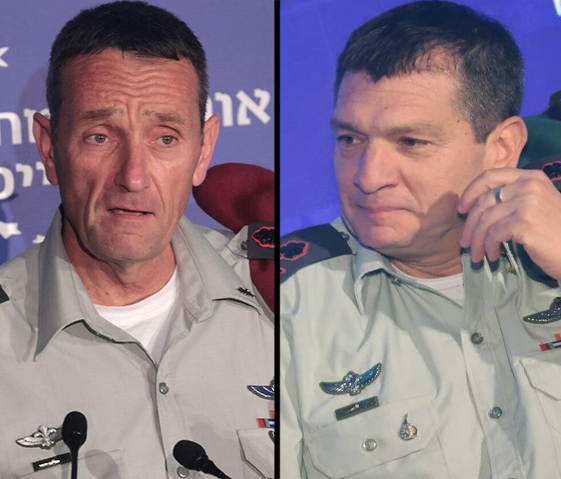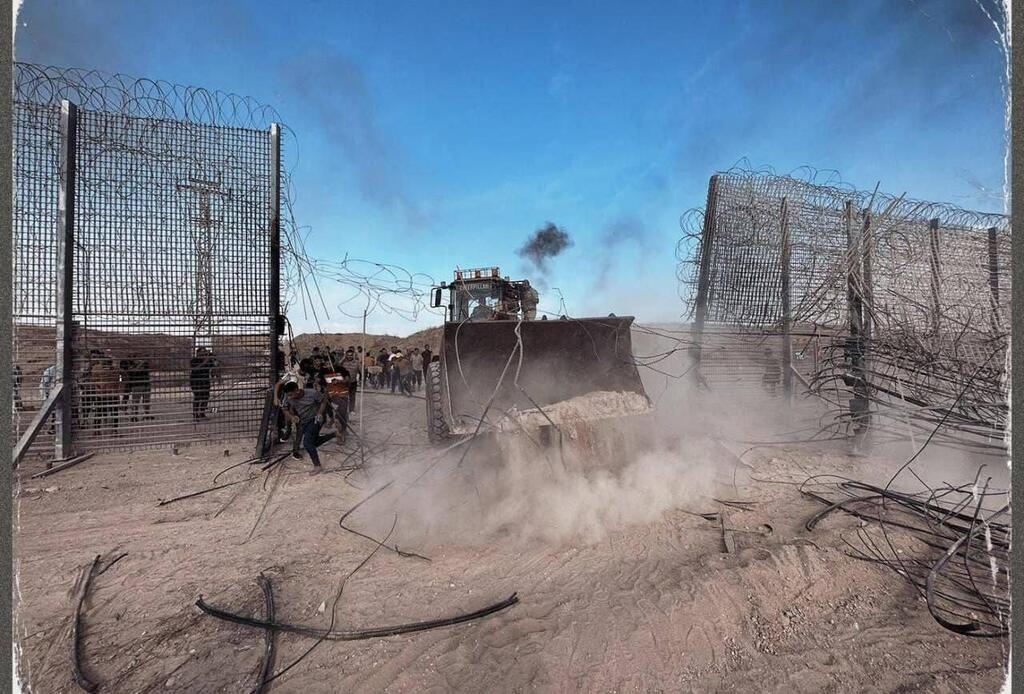To understand why the IDF chief of staff established an external investigation team, including a former army and Military Intelligence chiefs, one must look at the events of the night between October 6 and 7.
Read more:
In many ways, what happened in Israel three months ago was more severe than the Yom Kippur War - the underestimation of Hamas in 2023 was far greater than the underestimation of Egypt and Syria in 1973.
On the night of October 6, a major incident unfolded in the Gaza Strip. It is common in intelligence circles to refer to "indicative signs" signaling the onset of an attack or war. That night, an early warning was received, stemming from a Shin Bet operation. This warning raised suspicions of an imminent ground assault on Israeli soil.
Similar signs have been seen in the past without any ensuing raids or attacks breaching the border. Therefore, on one hand, these incidents are taken seriously, as evidenced by the head of Shin Bet's arrival at headquarters and the commencement of consultations. On the other hand, it cannot be categorically stated that these are definite signs of an impending ground incursion or even a simple attack. Alongside these initial signs, additional indicators are considered.
Conversely, there are also "cooling signs," those that reduce the likelihood of preparation for an attack. While their exact nature is unknown, one can speculate: for instance, a Hamas operative leaving his home in the middle of the night, versus a phone call suggesting that nothing significant is about to happen.
Meanwhile, the IDF chief of staff, the Southern Command chief and the Operations Division head were pondering the situation, significant developments were occurring at Unit 8200 which was monitoring the sector.
2 View gallery


IDF Chief of Staff Herzi Halevi and Military Intelligence head Aharon Haliva
(Photo: Moti Kimchi)
IDF sources told Ynet that as the night progressed, the level of concern heightened with more and more signs emerging from the Gaza Strip. It's estimated that signals were transmitted through communication channels, indicating a potential imminent attack on Israel.
However, in that pre-dawn conversation with the chief of staff, the indicators from Unit 8200’s communication intercepts were not significantly highlighted. The additional telltale sign wasn't discussed, and a senior Military Intelligence official was not present in the conversation. Southern Command was unaware of Hamas’ communication activities, despite frequent discussions throughout the night.
Senior IDF officials only learned of this information days after the attack, and were astonished. A former high-ranking Military Intelligence official commented, "Receiving such a signal should awaken every intelligence officer; it ought to lead to alarms."




